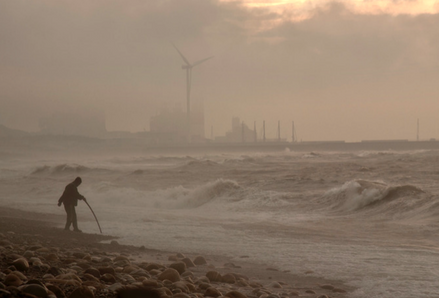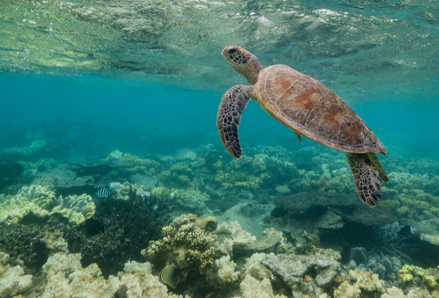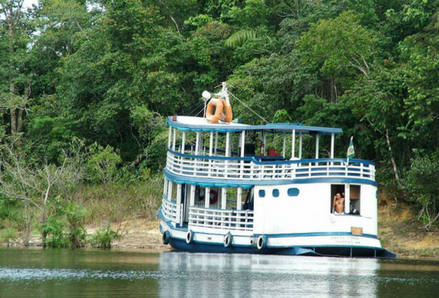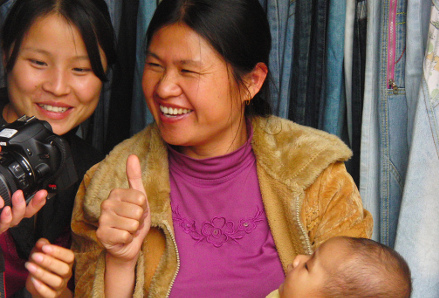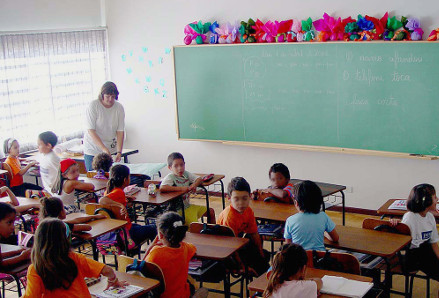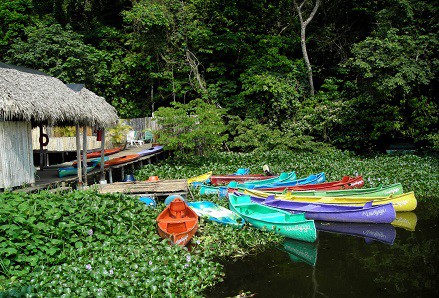This article is part of our monthly travel and global health news round-up. Here at IAMAT, our main focus is on travel health and not specifically on safety when abroad (there are many organizations and government departments that provide useful travel safety information). However, the two often overlap, and nowhere is this more evident than during extreme weather at popular travel destinations. Flooding, hurricanes, heat waves, and other weather events can have sudden and dramatic impacts on the health and safety of travellers and local people. Hurricanes and flooding Hurricanes Harvey, Irma, and Maria battered the Caribbean and the southern United States in September. Some locations suffered minimal damage and were ready to host travellers again within a week or ...
